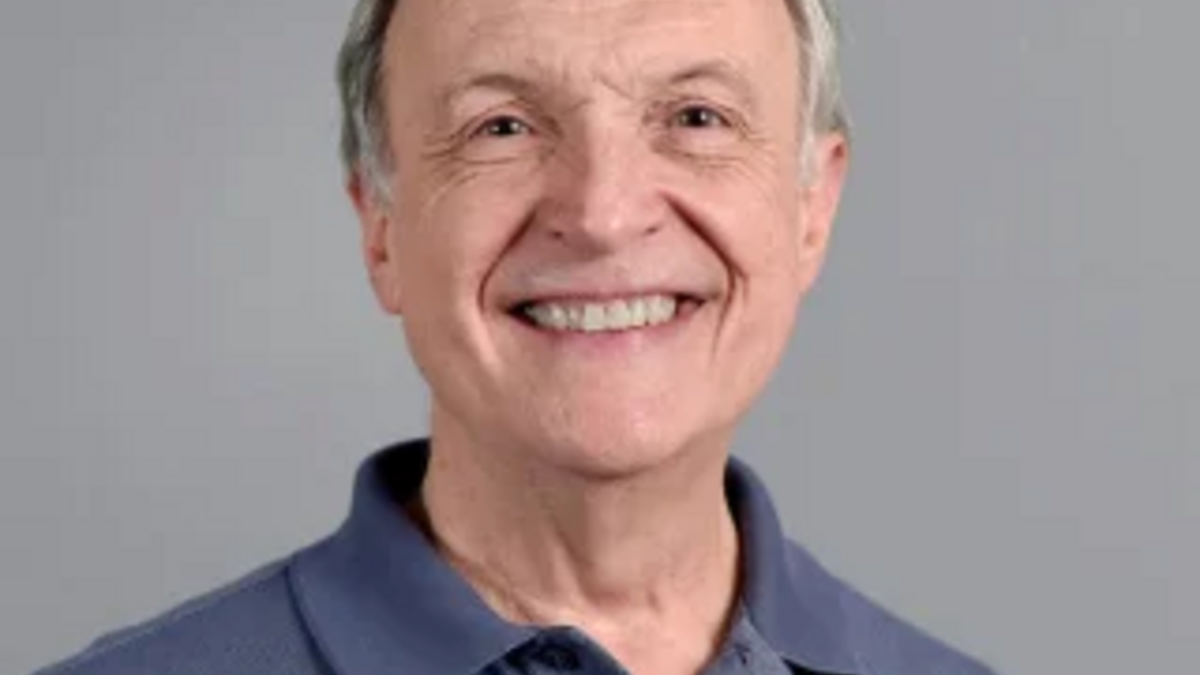A tribute to Robert H. Bradley: Professor retires after 13 years at ASU

Robert H. Bradley
Robert H. Bradley, director of the Center for Child and Family Success at Arizona State University and joint professor in the T. Denny Sanford School of Social and Family Dynamics and the Department of Psychology, is retiring after spending the last 13 years of his career at ASU.
Among his many achievements throughout his career, Bradley helped develop the Home Observation Measurement of the Environment (HOME) Inventory, a measure of the home environment, and the Family Map, an instrument to help guide practices within early education and home visitation programs. Bradley’s work and charisma left lasting impressions on many he collaborated with.
Carlos Valiente, professor at The Sanford School, worked with Bradley to update the HOME Inventory.
“I had a wonderful opportunity to work with Bob to update the HOME measure, and to make it more applicable to diverse populations. … I especially appreciated the opportunity to work on updating the HOME because it is one of the most widely-used measures designed to document family experiences,” Valiente said.
The HOME assessment has been utilized in numerous national datasets and U.S. surveys, including the NICHD Study of Early Child Care and Youth Development, the Early Head Start Research and Evaluation Study, the Maternal Lifestyle Study, the Family Life Project, the Legacy of Children and Infant Health and Development Program, and an adapted version in the National Longitudinal Survey of Youth.
Beyond the U.S., Bradley has personally helped to evaluate or adapt HOME for use in measuring the quality of children’s homes in Romania, the Netherlands, Finland, Portugal, Spain, Chile, Argentina, Indonesia, Taiwan, Kenya and beyond.
Valiente described working with Bradley as one of the highlights of his career.
“I think he has that rare ability to really think broadly and systemically. It's probably one of the main reasons he's been a leader in the field for decade,” he said.
Jodi Swanson, a lecturer at The Sanford School, spoke on the impact Bradley had on her and her work.
“I had first met him many years before, during his invited presentation on ASU’s Tempe campus. ... I was captivated by his work and his ability to visualize and think in broad, systems-level strokes — more than anything, by the feeling that he had his finger on the pulse of the field,” she said.
Swanson also recalled times they would collaborate in each other’s doorways, saying, “Bob would stop at my office and lean against the doorframe with his cup in hand, and talk shop with me.
“In bringing him an everything-and-the-kitchen-sink project idea one time, I remember he patiently talked me through whittling away at it, encouraging me to imagine a spiral or a funnel, an increasingly narrowing, climbing circular path; along the journey, many of these related things may sound interesting and are likely important, but as you proceed, there are only some that will continue with you as critical and foundation, and make it the full way. That’s where you invest your time, your energy, your resources.”
Crystal Bryce, clinical assistant professor at The Sanford School, described Bradley as a life mentor even beyond his doctoral advising, someone who pushed her beyond her comfort zone to think deeper, and who was her cheerleader when she struggled.
Bryce has fond memories of how Bradley implemented the importance of well-being and prioritizing family.
“I remember at the start of one of my doctoral milestone meetings, he wouldn't let me start until he shared a photo of his new granddaughter, and he was beaming with joy,” she said.
“I've learned so much from Bob, and I'm excited for him to start this new chapter.”
Bradley is a leader across child development, education and psychology fields, and beyond, with scientific contributions spanning more than 50 years of publications, handbook chapters, refereed presentations, workshops and trainings. As a member of more than 15 editorial boards for top-ranked psychological, educational, social/relationship dynamics and pediatric health journals across the past 30 years, he has been integral in steering the direction of child development science.
More Science and technology

Brilliant move: Mathematician’s latest gambit is new chess AI
Benjamin Franklin wrote a book about chess. Napoleon spent his post-Waterloo years in exile playing the game on St. Helena. John…

ASU team studying radiation-resistant stem cells that could protect astronauts in space
It’s 2038.A group of NASA astronauts headed for Mars on a six-month scientific mission carry with them personalized stem cell…
Largest genetic chimpanzee study unveils how they’ve adapted to multiple habitats and disease
Chimpanzees are humans' closest living relatives, sharing about 98% of our DNA. Because of this, scientists can learn more about…